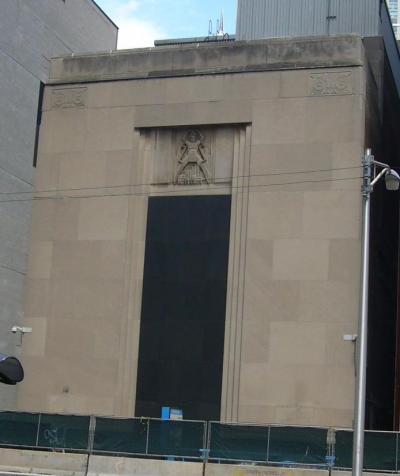
Originating as a field trip for students completing our Progress & Poverty course, this stroll thru downtown Chicago examines some of the ways that average people, and the community as a whole, are deprived of their just earnings. Among other things we’ll see who benefits from the expensive infrastructure and “economic development” projects, how Thomas Jefferson wanted Chicago to fund its public schools, what happens when a well-located building burns down, and how land speculators get productive workers to pay their taxes. Expect to walk about 2 km, maybe we’ll stop for snacks (individual settlement) along the way.
A $10 donation is requested from those who are not recent or current HGS students or donors, but nobody will be excluded due to lack of funds. You can make your donation by credit card here, or bring cash or a check.
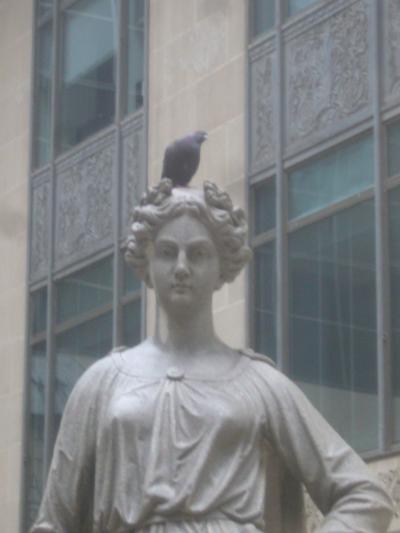
Originating as a field trip for students completing our Progress & Poverty course, this stroll thru downtown Chicago examines some of the ways that average people, and the community as a whole, are deprived of their just earnings. Among other things we’ll see who benefits from the expensive infrastructure and “economic development” projects, how Thomas Jefferson wanted Chicago to fund its public schools, what happens when a well-located building burns down, and how land speculators get their taxes paid by productive workers. Hardcopy sourced notes will be provided. Expect to walk about 2 km; maybe we’ll stop for snacks (individual settlement) along the way.
A $10 donation is requested from those who are not recent or current HGS students or donors, but nobody will be excluded due to lack of funds. If you have a paypal account, you can make your donation by credit card using the link below, or better yet bring cash or a check.
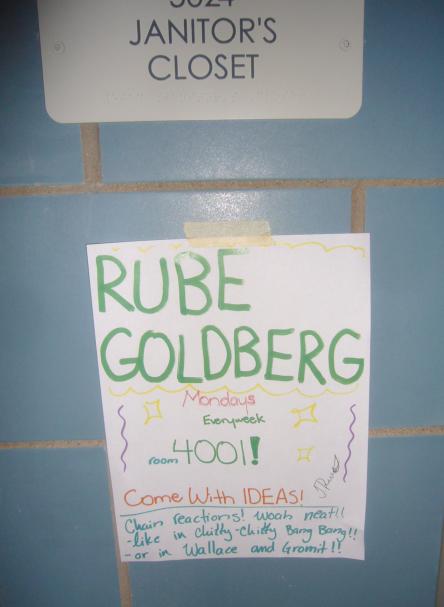
Would Rube Goldberg have been able to design a less straightforward system of funding government than the U S Federal income tax? In this presentation, HGS instructor Bob Jene looks at what it costs to collect this revenue. The direct cost to the government of operating the Internal Revenue Service is only a small part, as the burden put on the taxpayer, and the diversion of effort from productive uses, should also be considered.
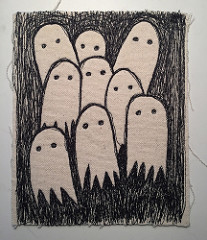
Right on the streets of every American community, robbery takes place every working day. You might not realize how much value the people of Chicago (and every other community) create, simply by going about our daily activities. What is this wealth, how do we create it, and where does it go?
Originally conceived as a field trip for Progress & Poverty students, this stroll — about 2 km and 90 minutes — presents some answers for those interested in finding out. Additionally, we’ll take a look at recovered loot of a long-ago theft, learn how Thomas Jefferson proposed to finance Chicago’s public schools, and see an economic development incentive that costs less than nothing. We might stop for snacks along the way (individual settlement).
Detailed sourced notes will be provided. This is now a free tour, no donation required, although we do appreciate (tax-deductible) contributions from those who can afford it and find the event worthwhile.
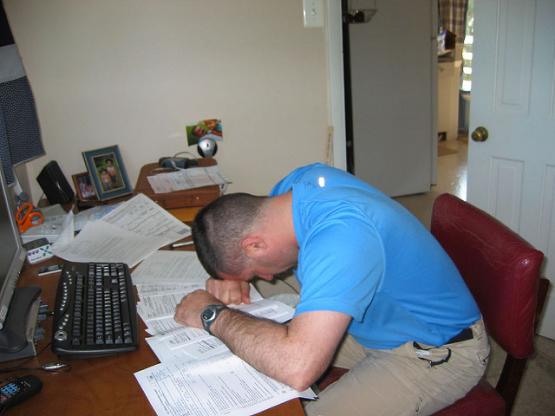
Do we need to suffer like this (and/or pay someone else) in order to fund government? In this presentation, HGS instructor Bob Jene looks at what it costs to collect income taxes. The direct cost to the government of operating the Internal Revenue Service is only a small part, as the burden put on the taxpayer, and the diversion of effort from productive uses, should also be considered.
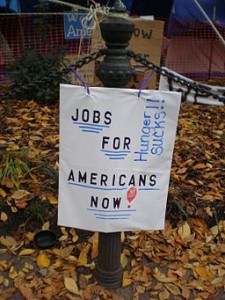
International trade has been a continuing issue throughout our history. The issues Henry George confronted in the late 19th century were similar to those raised in the recent election. His careful analysis showed that both sides were wrong, and proposed a trade policy to raise real wages of working Americans.
Despite huge social, technological, and demographic changes since George’s time, his analysis requires only very minor updates, and concludes that today, again, both sides are wrong. Take this opportunity to understand and evaluate for yourself a proposal to achieve widespread prosperity, here and now, thru True Free Trade.
This free presentation by Henry George School instructor Chuck Metalitz is adapted from our “Protection or Free Trade” course.
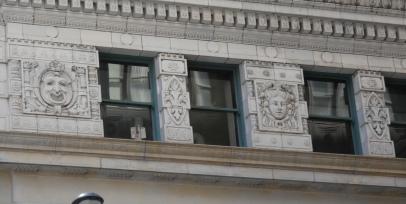
Right on the streets of every American community, robbery takes place every working day. You might not realize how much value the people of Chicago (and every other community) already create, simply by going about our daily activities. You’ll learn how we could comfortably produce much more, if only a smart tax policy were put in place.
Originally conceived as a field trip for Progress and Poverty students, this stroll — about 2 km and 90 minutes — presents some answers for those interested in finding out. Additionally, we’ll take a look at recovered loot of a long-ago theft, learn how Thomas Jefferson proposed to finance Chicago’s public schools, see some infrastructure that you probably didn’t know about, visit a shopping mall that you paid for but don’t own, and glimpse a billionaire’s downtown garden.
Detailed sourced notes will be provided. This is now a free tour, no donation required, although we do appreciate (tax-deductible) contributions from those who can afford it and find the event worthwhile.
Please sign up using the Eventbrite link.

Decades before Wealth of Nations, Adam Smith wrote what he seems to have considered a superior work, Theory of Moral Sentiments. He wrote:
How selfish soever man may be supposed, there are evidently some principles in his nature, which interest him in the fortune of others, and render their happiness necessary to him, though he derives nothing from it except the pleasure of seeing it.
Wikipedia asserts:
Smith critically examines the moral thinking of his time, and suggests that conscience arises from dynamic and interactive social relationships through which people seek “mutual sympathy of sentiments.”[74] His goal in writing the work was to explain the source of mankind’s ability to form moral judgement, given that people begin life with no moral sentiments at all. Smith proposes a theory of sympathy, in which the act of observing others and seeing the judgements they form of both others and oneself makes people aware of themselves and how others perceive their behaviour.
The Theory of Moral Sentiments has been printed in numerous editions, and is also available free on line. Smith revised the book throughout his lifetime; it’s best to avoid the first edition, and choose one published after his death in 1790.
In this session we’ll discuss parts 1-3 of the book, taking up parts 4-7 on November 20,

